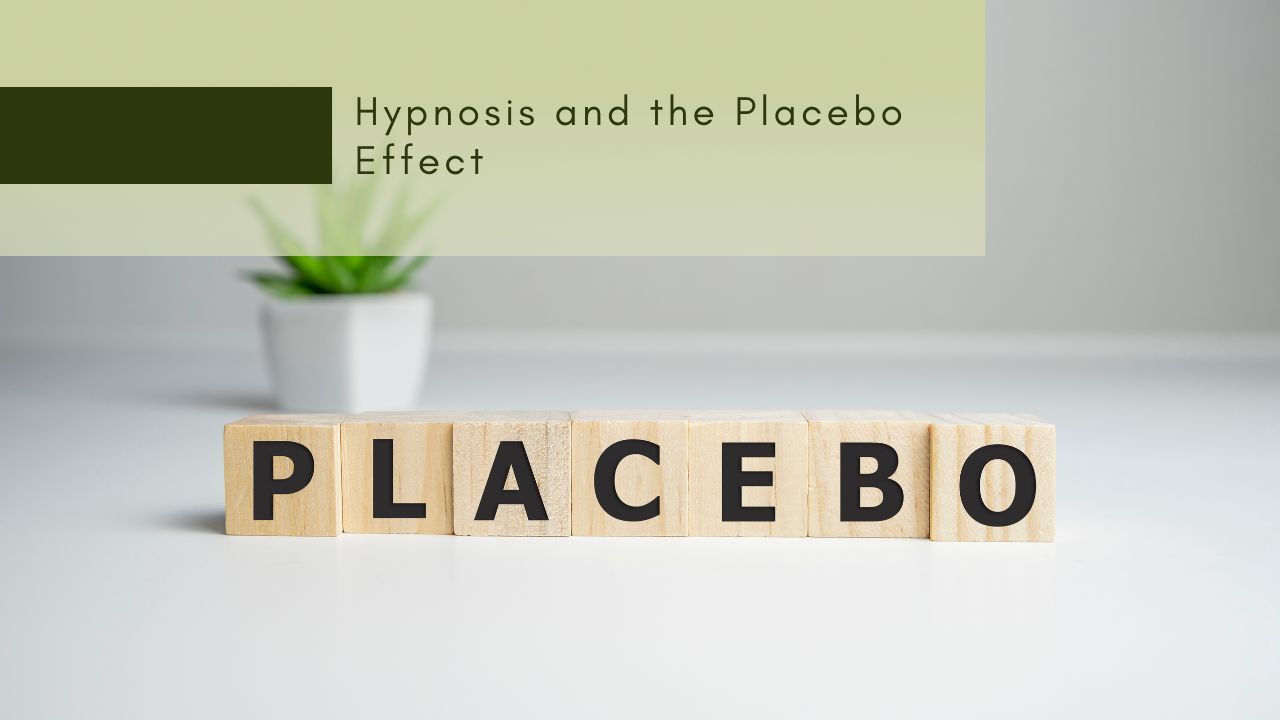What is HypnoBirthing and How Does it Work?
HypnoBirthing aims to alleviate fear, anxiety and potentially reduce the pain during childbirth. The practice involves imparting relaxation and pain dissociation techniques to expectant individuals, using principles of hypnosis. This approach reframes the childbirth experience, steering clear from mainstream narratives of fear, pain, and suffering.
Hypnotherapy in HypnoBirthing is essentially a form of pregnancy meditation—a testament to the power of the mind. For instance, expectant individuals are taught to interpret contractions—termed “surges” or “waves”—or the body’s opening as a natural phenomenon (akin to a ‘blooming flower’) integral to childbirth, rather than a painful ordeal. The goal is to recalibrate one’s mindset to perceive birth not as a process inducing pain and suffering, but as the miraculous creation of new life.
Who can Benefit from HypnoBirthing?
HypnoBirthing is considered beneficial for most normal pregnancies, with its relaxation techniques aiding all expectant women. However, medical consultation is crucial prior to enrolling in hypnobirthing programmes, especially in pregnancies that encompass complications requiring special medical attention.
Pain Management through HypnoBirthing
HypnoBirthing facilitates pain management during childbirth through relaxation techniques and methods of reframing contraction sensations, thereby dissociating the mother from discomfort.
Possible Risks or Side Effects of HypnoBirthing
HypnoBirthing poses minimal risks or side effects. However, it’s worth noting that the success of hypnosis—a primary component of HypnoBirthing—is contingent on the individual’s ability to reach a deep, dream-like state essential for the technique’s effectiveness. In rare cases, hypnosis may induce anxiety, headaches, dizziness, or drowsiness.
Hypnosis should always be administered by a trained professional and is generally safe. However, it may not be suitable for individuals with severe mental disorders such as hallucinations, delusions, drug and alcohol abuse, or schizophrenia. Certain medical situations may also affect the normal vaginal HypnoBirthing process. These include:
- Active herpes simplex lesions
- Certain delivery positions, such as breech and transverse
- Complete placenta previa
- Past vertical uterine incisions
- Transfundal uterine surgery
Consultation with a hypnotherapist and medical provider is essential before signing up for sessions.
Optimal Time for Starting HypnoBirthing Classes
It’s advisable for expectant women to begin HypnoBirthing classes early in their pregnancy, in sync with their medical and hypnobirthing providers’ consultation.




